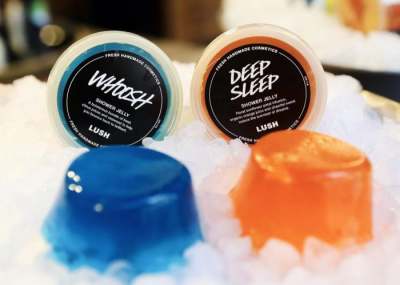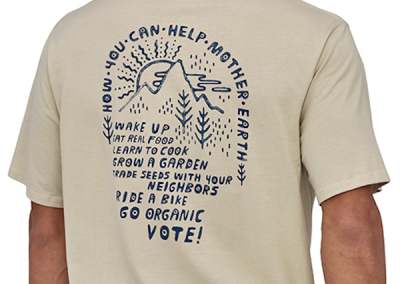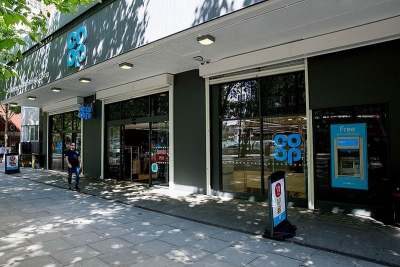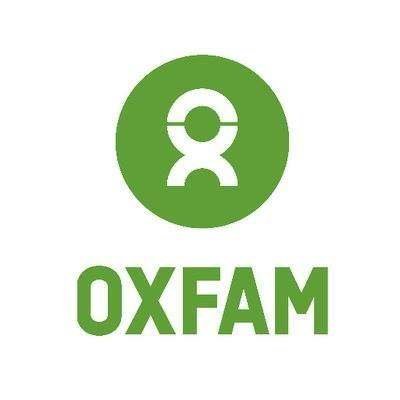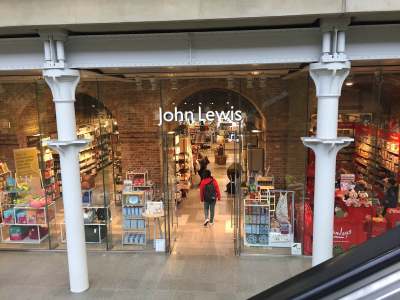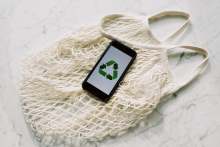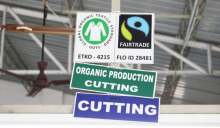Health and beauty
Lush
You can smell Lush shops before you enter, and its ethics are as sweet-smelling as their products. This company refuses to test on animals and supports campaign organisations and initiatives such as the Lush Prize, a yearly event that funds research to replace animal-testing.
It tries to use only natural ingredients and has taken action to ensure that it does not use ingredients like mica that are linked to human rights abuses. And the reason that you can smell them from a mile away is that they minimise packaging with some of their shops only selling products that are packaging free.


